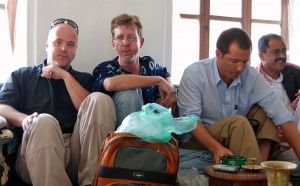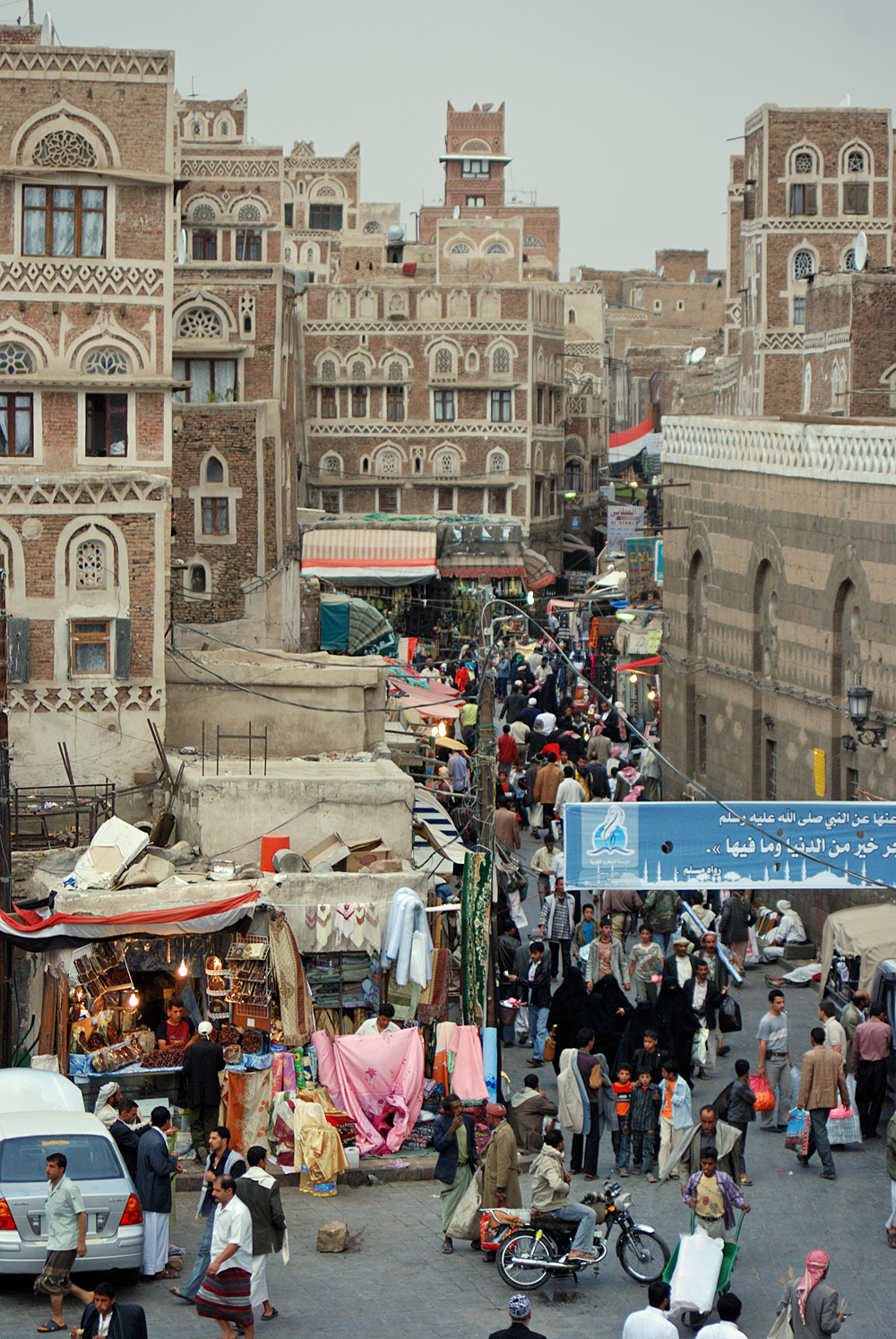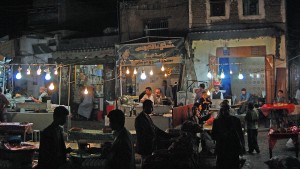I am closely following the news on Al Jazeera and BBC to see how things are developing in Egypt. I scent some changes in the air, but maybe not as dramatic as people think. But my greatest interest lies in Yemen, a country I have fallen in love with. Will they follow Tunisia and Egypt in a popular uprising? I asked my great friend Kyle Anthony Foster, as much Yemeni as American to give his point of view on the developing situation.
Why Yemen is not Egypt
by
Kyle Anthony Foster
With the winds of change blowing across the Arab world, many news organizations are focusing on Yemen as a potential next Egypt. My analysis is that Yemen will not descend into chaos as Egypt, or at least Cairo, has. Why? Simple. The people of Yemen do not hate President Ali Abdullah Saleh.
President Saleh has a remarkable touch with the people of Yemen. He’s actually a pretty hard-working president who is seen regularly on television at various ribbon-cutting ceremonies across the country. From large-scale projects to small schools, Ali is there, with the people, promoting the interests of the country. President Saleh’s sons have a respectable reputation and — unlike other sons of Arab leaders — they have not run rampant over the population.
In the 2006 Yemen presidential election, Ali Abdullah Saleh won the vote with a reported 77 percent. International election monitors were welcomed and the results were reported as generally fair. In a region where president/dictators generally win with 99 percent of the vote, this result was monumental as a standard for transparency and fairness in elections for the region. Furthermore, it may not have been too far off the mark.
The Saleh regime has managed to keep the faith with the people of Yemen. Yemenis enjoy perhaps more freedoms than the people of any other Arab nation. Civil society institutions are permitted and encouraged by grants from the Yemen Social Fund For Development. The Yemeni press has issues with the government; however, relative to other Arab states, it enjoys an incredible amount of freedom of expression.
Yemenis understand that their country faces some monumental problems. Yemen is the poorest Arab state, and unemployment and illiteracy are rampant — both figures hover around 50 percent. The nation faces a crushing water shortage. The list of development concerns is endless, and if not faced now, there will be trouble later.
The winds of change are blowing across the Arab region, and if they continue to do so for an extended time, the Saleh regime could be vulnerable. Most Yemenis do have concerns about the pace of change and the level of commitment to democracy that the Saleh regime embraces. But they are generally willing to extend President Saleh more time, with limits. For now, the social contract that President Saleh has earned through genuine concern for the nation will stand.

Kyle Foster is an international development and political consultant.
He studied at the University of Nebraska and the School For
International Training in Brattleboro, Vermont. He lives in Sana’a,
Yemen and the United States.
Read previous article by Kyle on my site here!
And don´t miss this slide show from Yemen here!





I just wrote this interview and published it on ExWeb, From the saddle: Arita Baajiens inside Egypt, “those kids really pulled it off!” at http://explorersweb.com/world/news.php?id=19947
That Foster really knows his stuff. Keep up the good work ThunderBOLT.